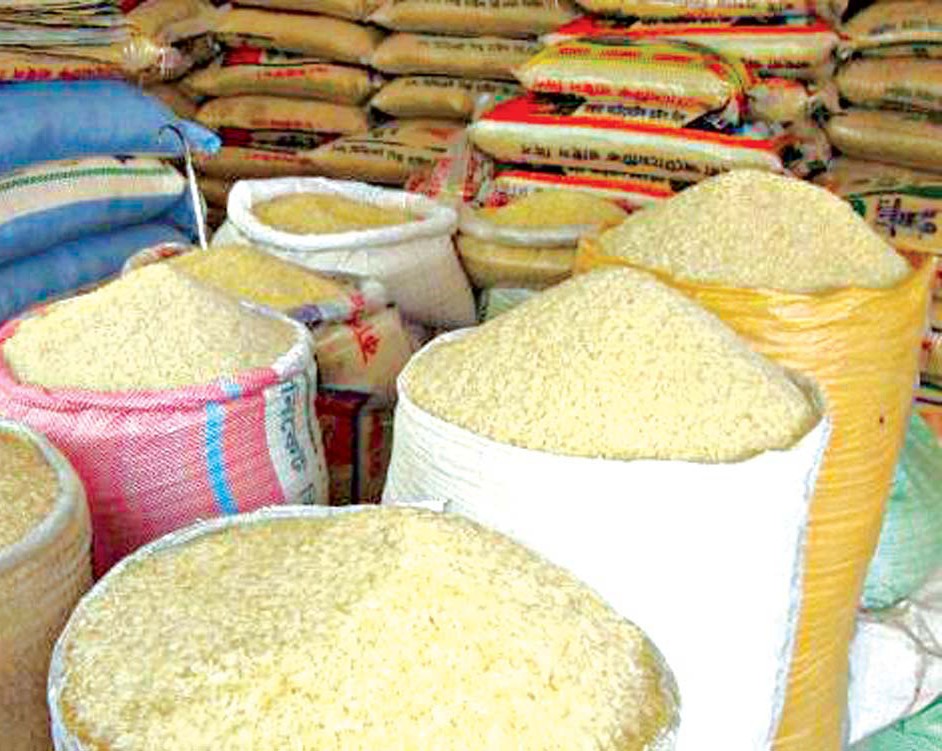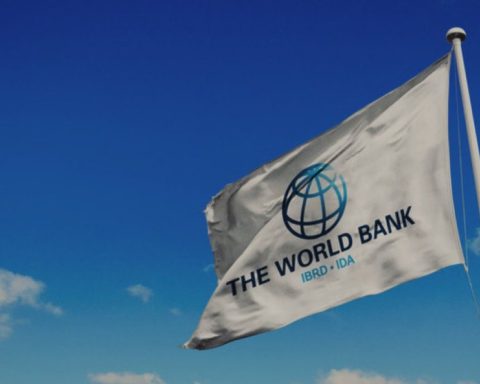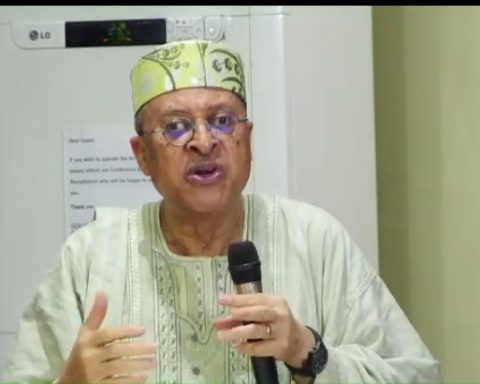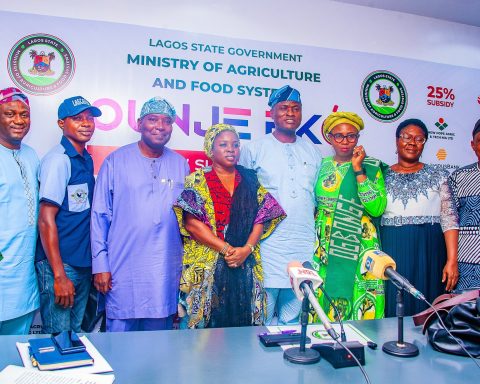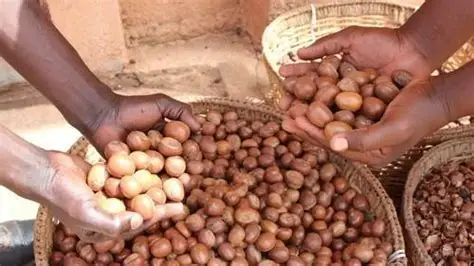The price of locally produced rice in Nigeria has surged by a 73.2% in just one year, despite efforts by the Central Bank of Nigeria to bolster the rice value chain.
This rise, which contradicts the aim of reducing importation, has seen the commodity reach prices between N55,000 and N60,000 per 50kg bag.
Join our WhatsApp ChannelAnalysis of data from the National Bureau of Statistics reveals that the average cost of 1kg of local rice rose from N500.80 to N867.20 between November 2022 and November 2023.
This increase, accompanied by a 61.53% rise in the price of imported rice, has prompted concerns among consumers.
Despite the establishment of the Lagos Rice Mill, selling its brand, Eko Rice, at the highest price in Lagos, the cost has not seen a reduction.
READ ALSO: Christmas: Nigerians Slash Budget For Rice, Other Items As Costs Hit Harder
The President of the All Farmers Association of Nigeria, Kabir Ibrahim, attributes the surge to inflation and the consequential hike in production expenses such as transportation, packaging, and labour.
While admitting the investments made in rice production by previous administrations, Kabir disputes the NBS figures, claiming they are not market-based and are inflating the situation. In a related development, a joint report by international organisations predicts increased staple food prices, including rice, across West Africa in 2024.
Despite the government’s efforts, the steep rise in local rice prices presents a significant challenge, raising concerns about inflation and market dynamics within the region.
Ibrahim said: “The cost of production has always been very high due to various factors… If you go to real markets and not artificial ones, to put things correctly, there is definitely food inflation and it is skyrocketing but if we go by these commodities, we are likely to be lying to ourselves and the general public.”
He also added, “The past administration invested a lot in rice production and I think they should be applauded. We used to import rice to the tune of trillions but that has changed.”


